It is humbling to read the words from Lori from Buck Brush Farmhouse in Hanna, Alberta.
"I am incredibly thrilled to announce that we will be welcoming an extraordinary author and her remarkable books to our store! I have fallen in love with her writing style, especially the captivating children's farm series."
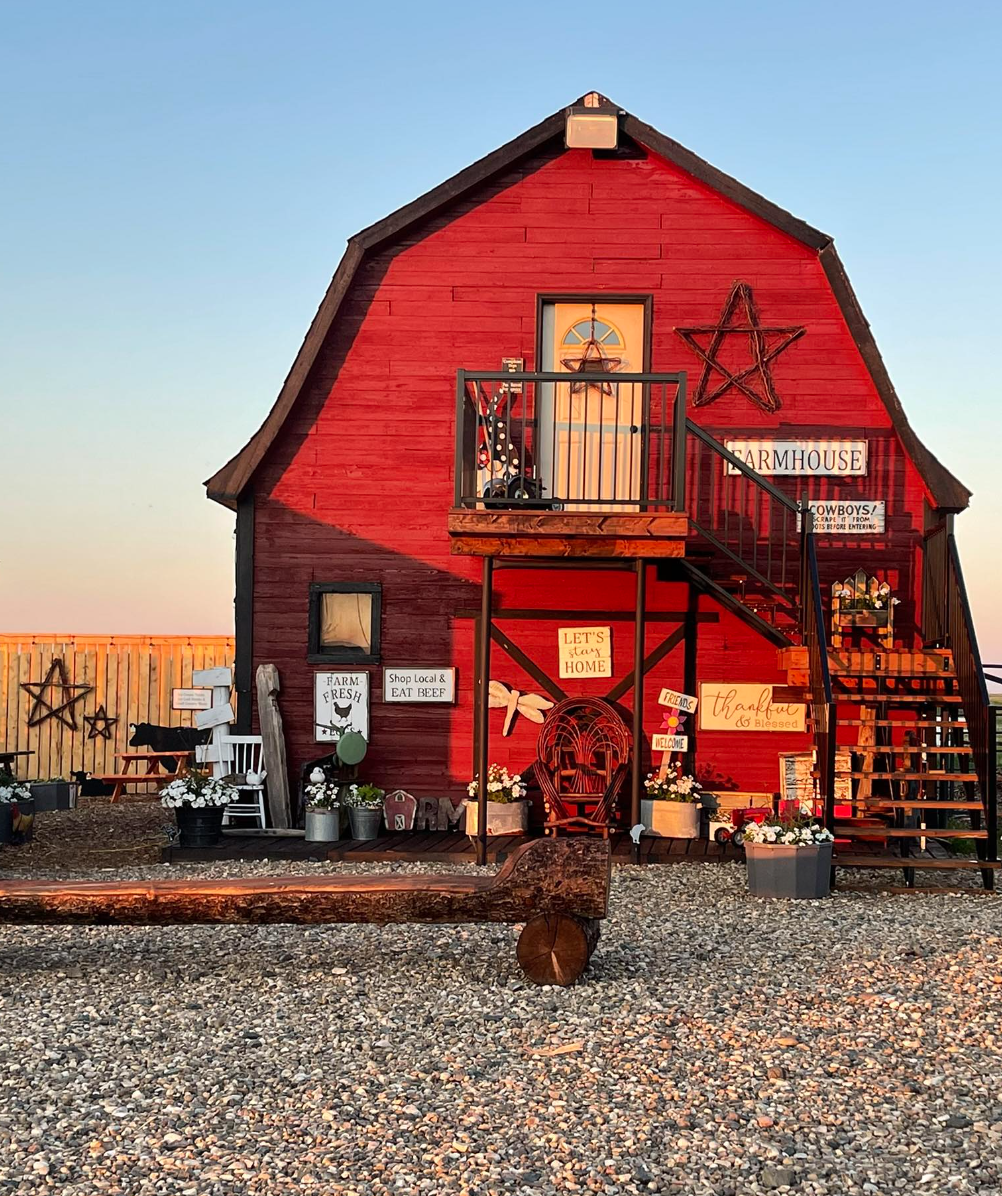
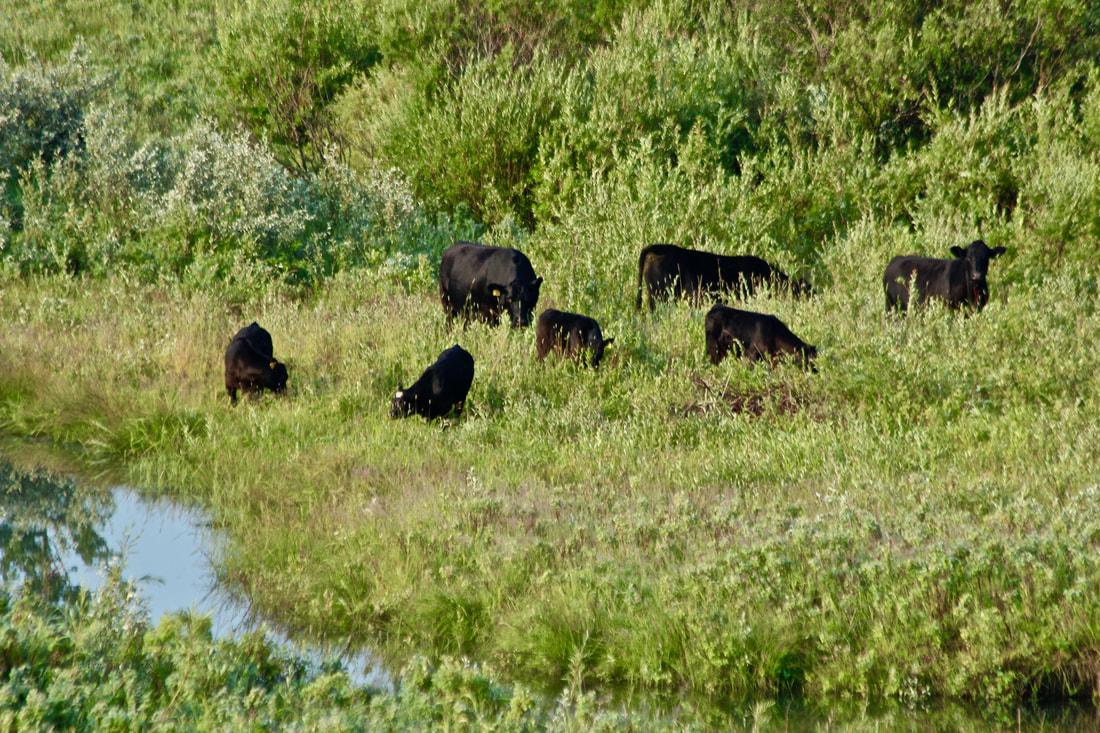
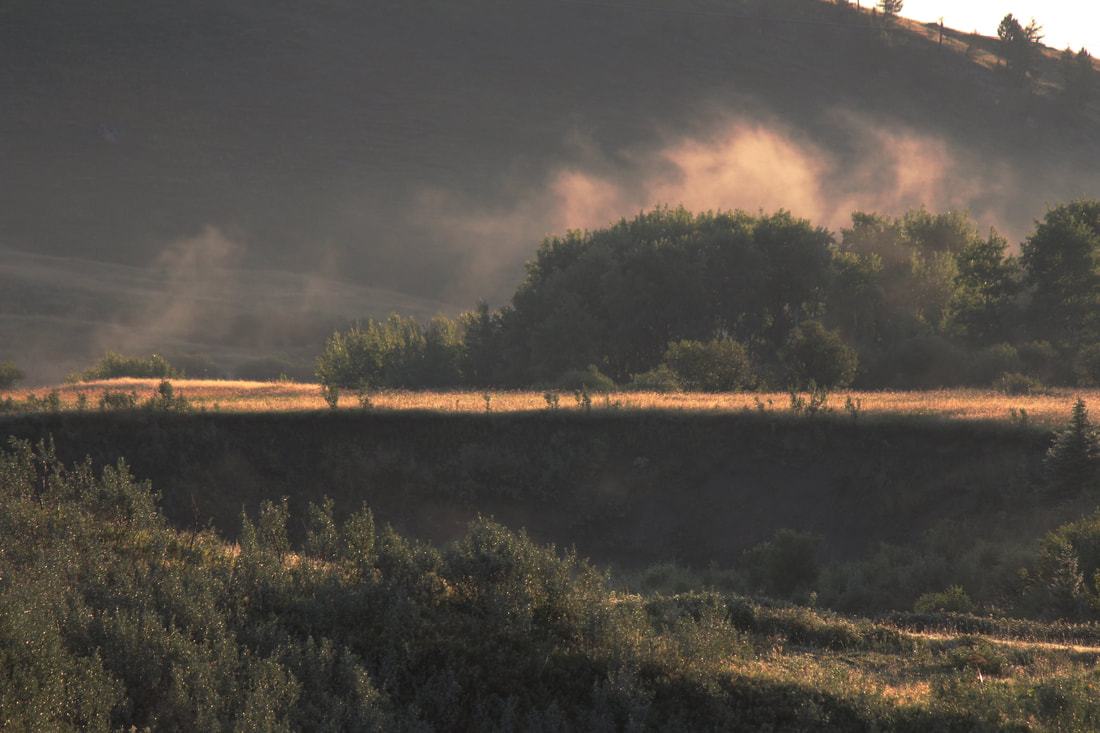
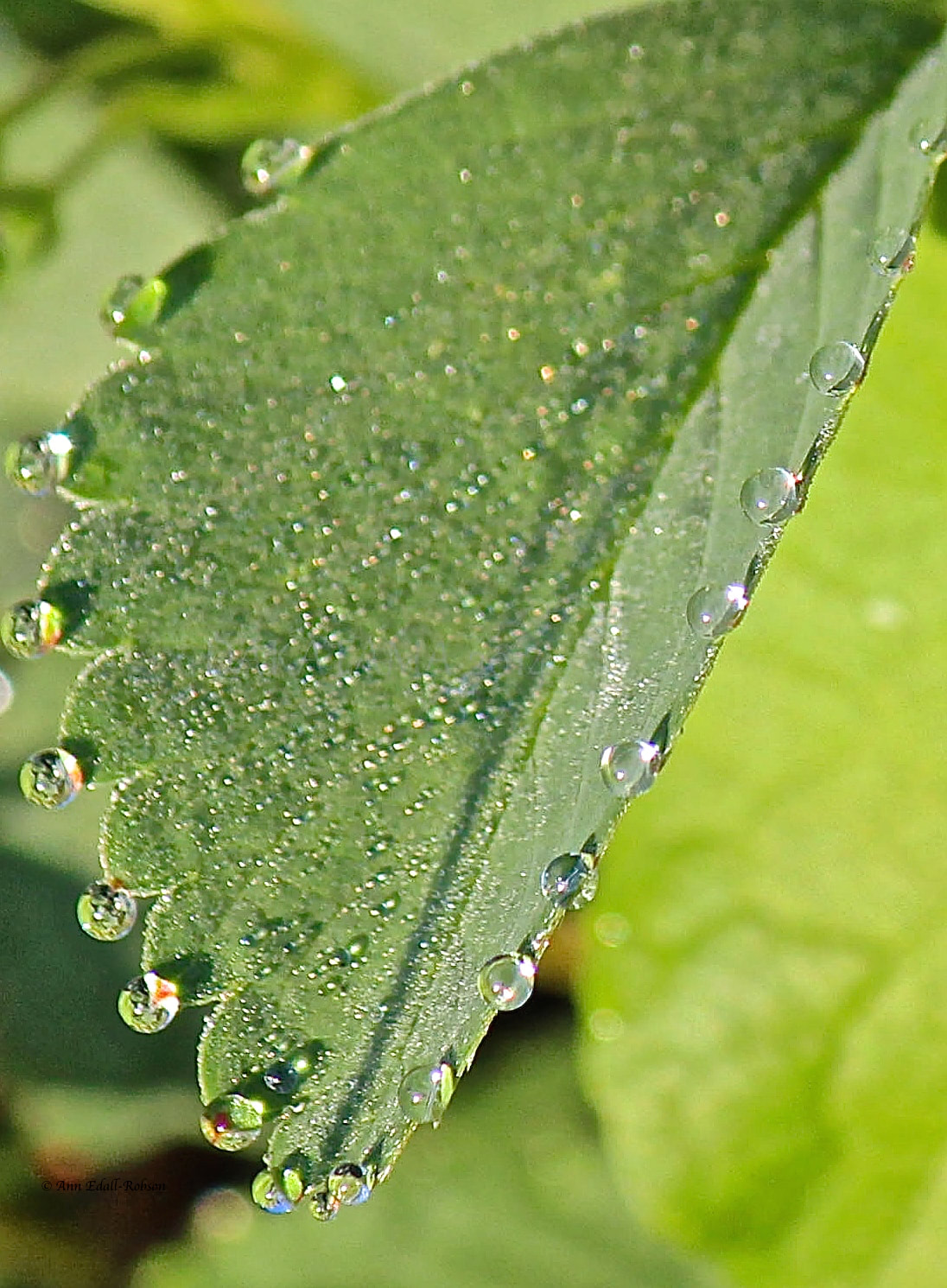
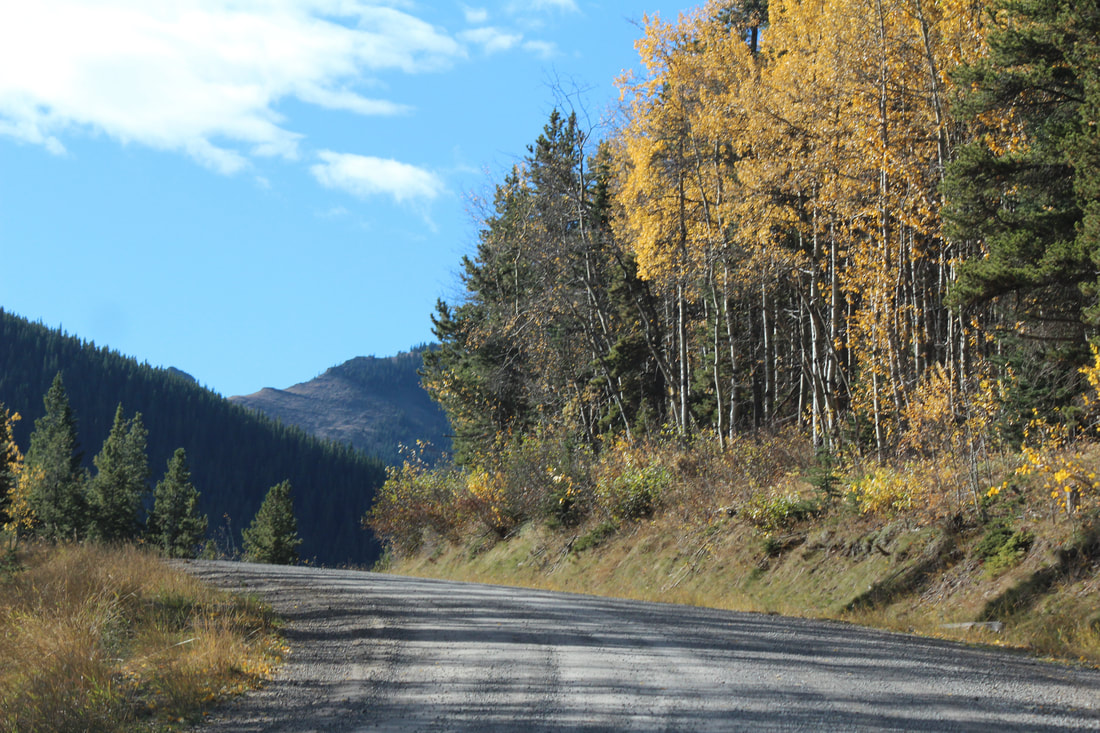
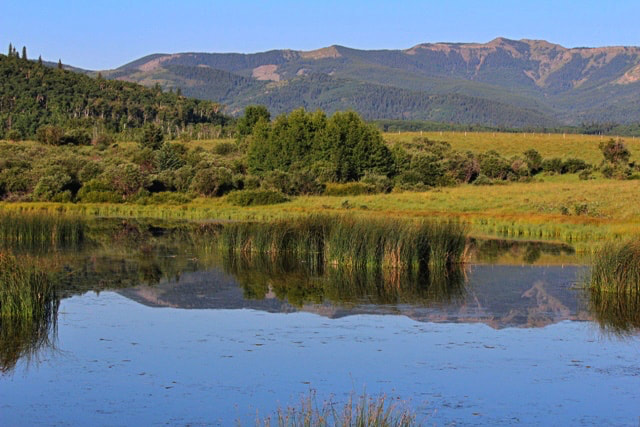
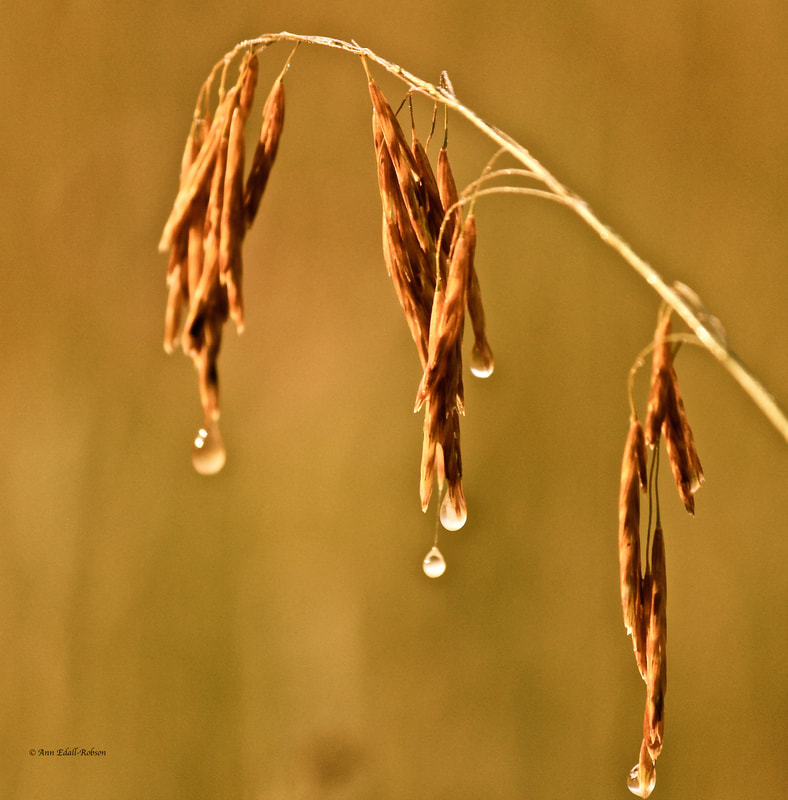
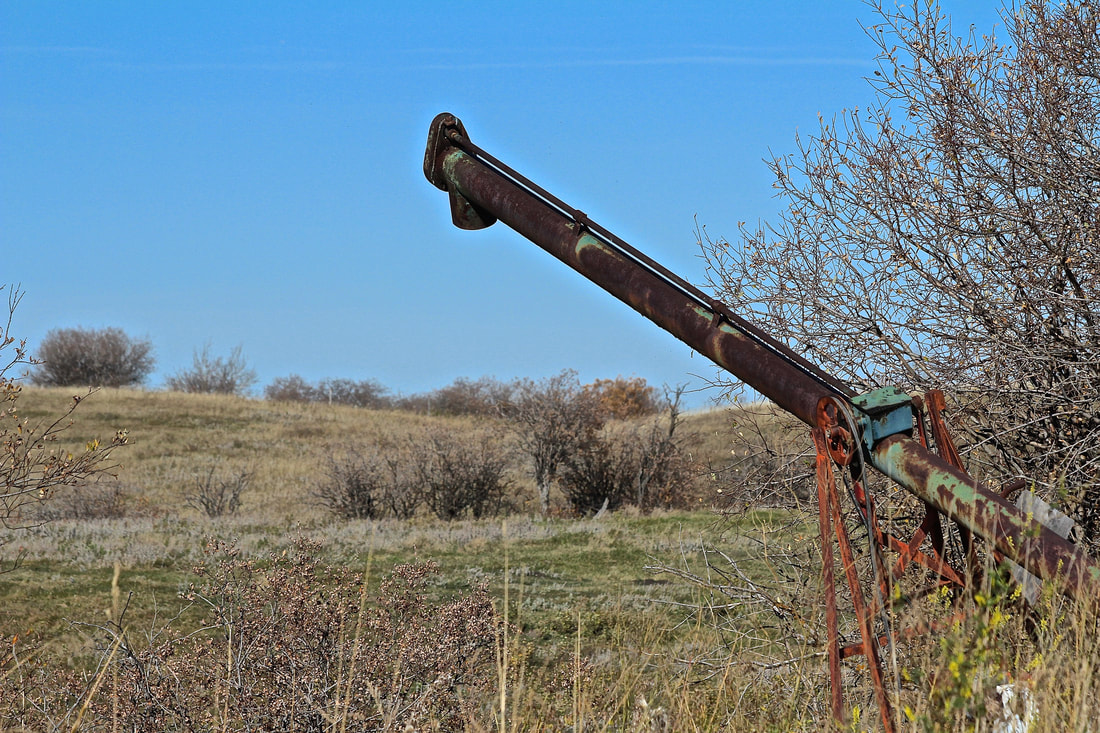
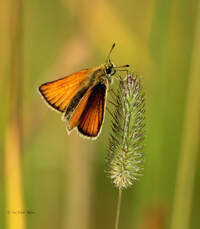
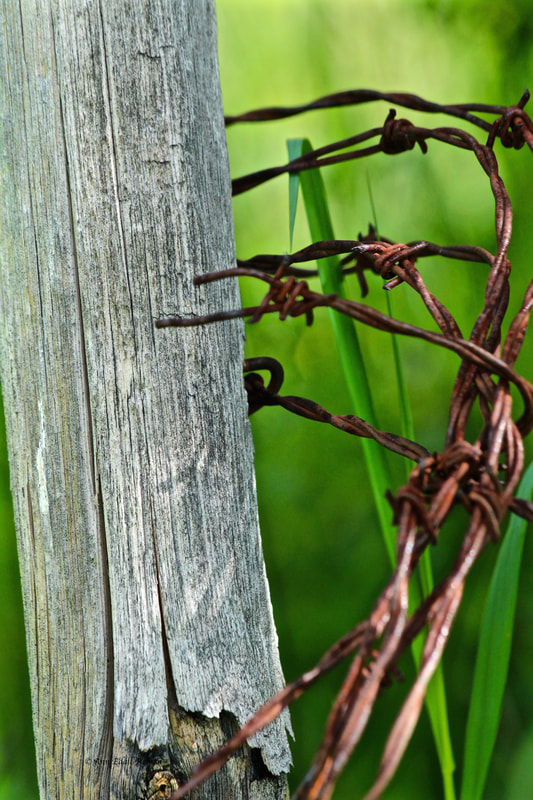
 RSS Feed
RSS Feed